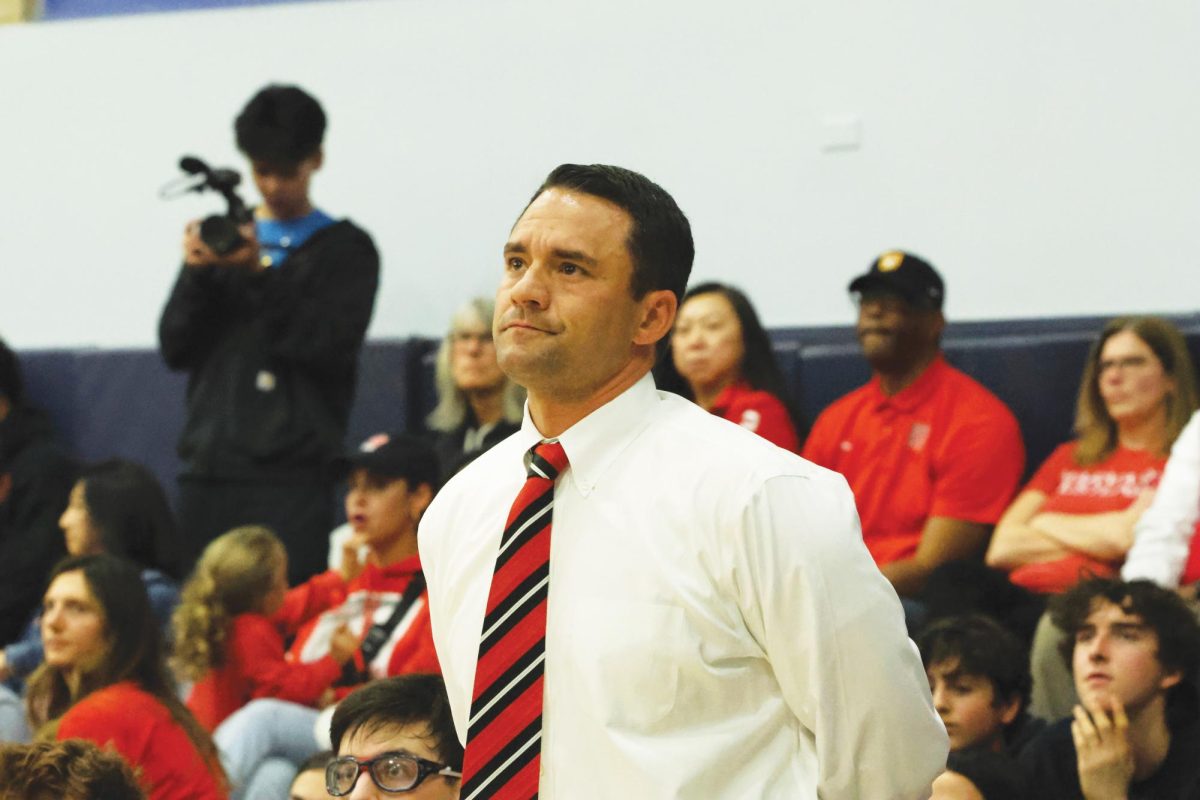By Micah Sperling
I’ve always loved everything Japanese. From samurai to sashimi, the history, culture and food of the “Land of the Rising Sun” have fascinated me my entire life. So when Chase Basich ’11 told me about a Japanese-American “cultural exchange,” I was immediately interested. The program, High School Diplomats, takes 40 American high school students and 40 Japanese students to Princeton University for 10 days.
From the moment the Japanese students arrived, I knew I was going to have a great time and learn a lot. I tend to talk really fast, so I had to work hard to slow down enough for the Japanese students to understand. Slowing down my talking also made me think about what I was saying much more than I usually do. While I got annoyed at first about not being able to have a rapid-fire debate with any of the Japanese students, I got used to my new talking speed pretty quickly.
Discussing the differences between Japanese and American schools with the Japanese students was one of my favorite experiences of the program. In Japan, the students stay in one room for the entire day and it’s the teachers who move from room to room. Lunch is served in the classroom, as well. Japanese students can only be involved in one club, because they all meet after school. There are no official school teams—all of them meet as part of a club. I think the biggest difference, though, is the Japanese college admissions process. Japanese high school seniors take a national entrance exam. If their scores are high enough, they can take the entrance exam for the university of their choice. Grades don’t matter. There are no essays. Colleges don’t care if your teachers like you or not. Everything is based on these two test scores.
In Japan, if you want to be an executive, you really have to go to Tokyo University, Keio University, or Waseda University. In America, you can run a company even if you don’t go to an Ivy League School.
People complain that the American system doesn’t take who you are as a person into account enough, but having a system simply based on two exam scores doesn’t consider anything besides how you did on those exams.
What I thought was interesting was that most of the Japanese students favored the American system because they said it put more importance on what you’re like as a person. In contrast, the American students tended to like the Japanese system because your high school grades matter less.
I prefer the American holistic system, but I can see how easy one equalizing national exam would make the whole process.
Every day in class, we did both language and culture. I went in with no experience, but by the end of the program, I could carry on a basic conversation in Japanese. I’m disappointed, though, that I won’t be able to continue my Japanese instruction at school. Part of the reason I transferred to Harvard-Westlake was to be able to take Japanese, and the loss of that program is one of the things that I wish was different about school. Besides starting a Japanese cultural and language instruction club on campus, it’s hard for me and other interested students who don’t already speak Japanese to further our passion.
The phrase people use a lot at HSD is “the best 10 days of your life.” Going in, I thought that was just an exaggeration. Looking back, though, I don’t know how trite the saying was. All the great discussions I had and the people I met certainly made it rank among my favorite experiences.





































